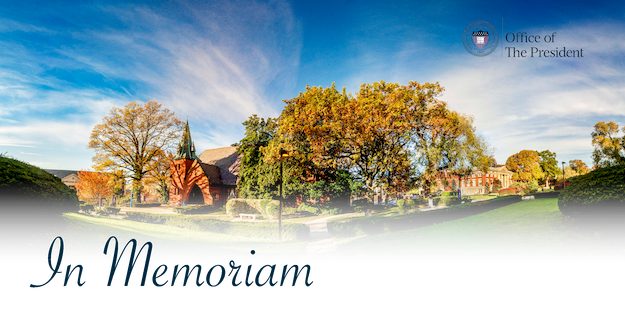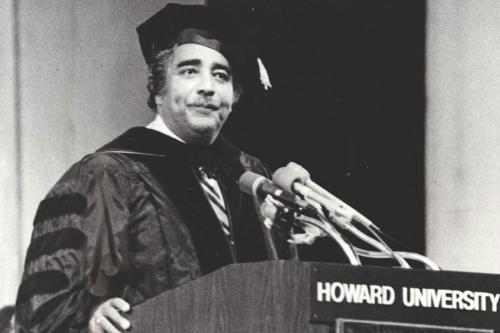
Dear Howard University Community,
I regret to inform you of the recent passing of Dr. Leslie Hicks, retired Professor in the Department of Psychology. Dr. Hicks served at Howard University for over 62 years as a faculty member in the Department of Psychology. After completing high school, Dr. Hicks graduated magna cum laude and Phi Beta Kappa from Howard University with a Bachelor of Science degree in psychology. He received the Master of Arts and Ph.D. in Physiological Psychology from The University of Wisconsin. He was one of the first African Americans to earn a Ph.D. in Physiological Psychology.
During his 62 years at Howard University, Dr. Hicks taught generations of undergraduate and graduate students about the brain and behavior. As Chairperson of the Department of Psychology at Howard, he co-founded the Ph.D. program in Psychology, and it was under his Chairmanship that Howard University became the first Historically Black College and University with a Clinical Psychology Program accredited by the American Psychological Association. Since the first Ph.D. was awarded in 1973, the doctoral program at Howard has produced over 375 Ph.D. recipients. He was the recipient of several lifetime achievement award, the Honorary Doctor of Science degree from the University of Wisconsin and the Howard University Alumni Award for Distinguished Postgraduate Achievement in Psychology and Education. His long and distinguished career produced numerous publications about attention, memory, aging, Parkinson’s disease, schizophrenia, and other neuropsychological topics. His accomplishments in program development, teaching and research made him a legend in psychology and neuroscience. Dr. Hicks spent time as an exchange scientist in Moscow, an administrative officer at the American Psychological Association, a fellow at UCLA’s Brain Research Institute and a fellow at Stanford’s Center for Advanced Study in the Behavioral Sciences.
His tireless and unyielding advocacy of progressive ideas expanded the educational opportunities of generations of African Americans. He also was widely known for championing diversity in science. However, his career was particularly noteworthy because of service. As a member of the American Psychological Association (APA), he served on the Committee on Human Research, the Education and Training Board, the Committee on Equality of Opportunity in Psychology, the Board of Social and Ethical Responsibility in Psychology, and the Publications and Communications Board.
Arrangements for a memorial service for Dr. Hicks are being planned by his family, and will be announced to the University community once scheduled. The Department of Psychology will also conduct a ceremony in honor of Dr. Hicks at a time to be scheduled in the future. Please keep the Hicks Family in your thoughts and prayers during this difficult time.
Excellence in Truth and Service,
Wayne A.I. Frederick, MD, MBA
President




